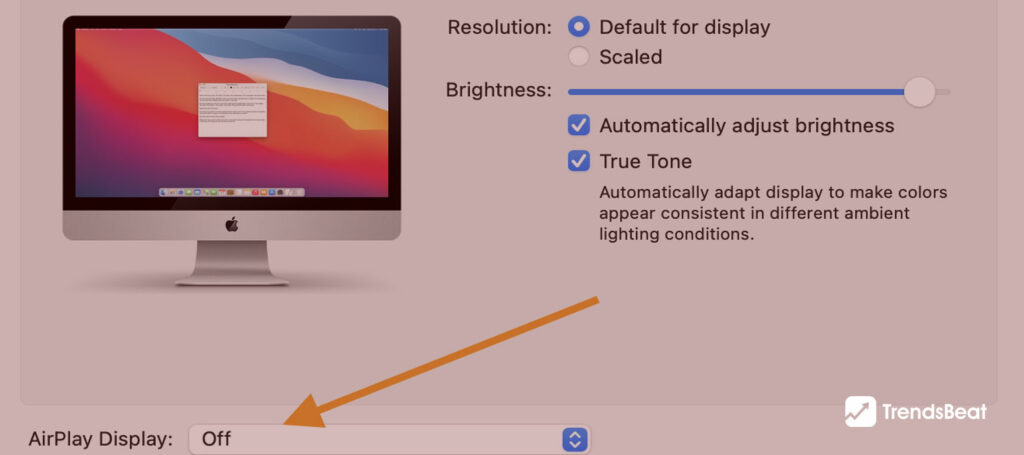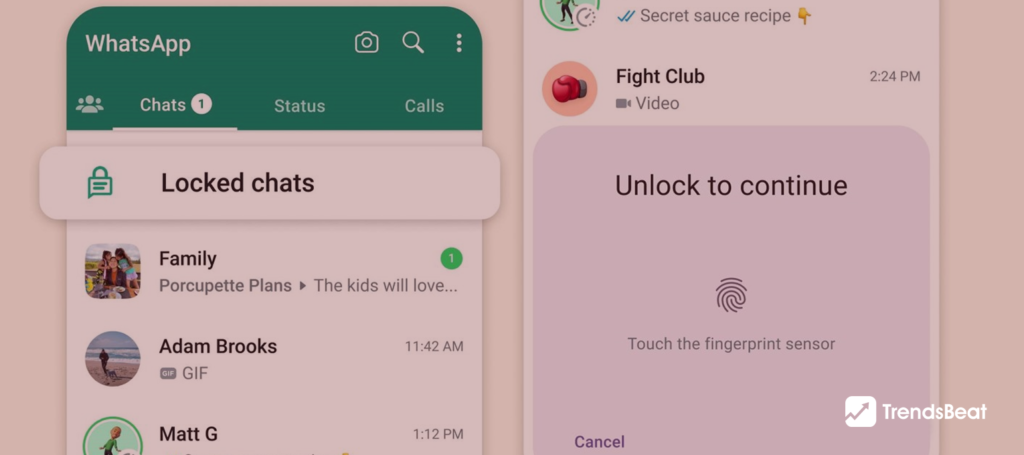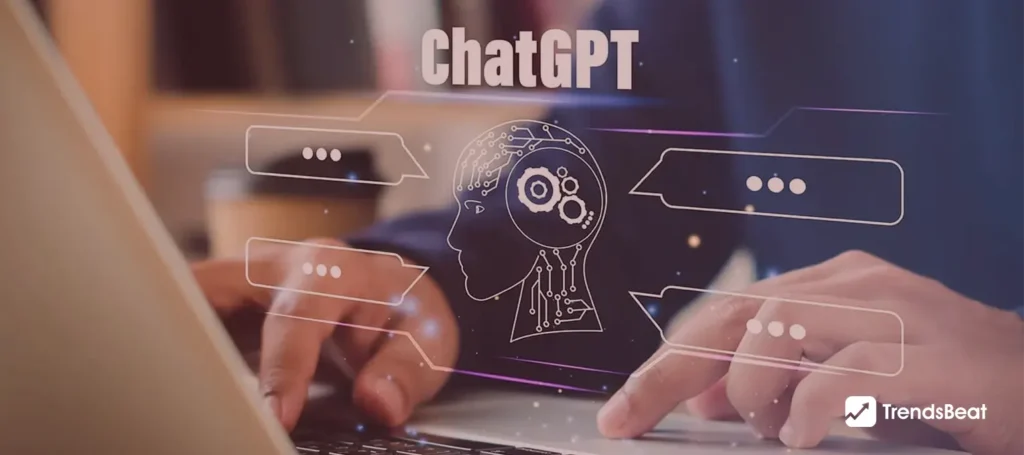Big Tech Internships and the Wealth Gap: The Struggle for Lower-Income Students

An internship has undeniable benefits. It imparts marketable skills, fosters professional networks, and allows students to try several vocations. However, the advantages are not available to everyone: Nearly half of all internships are unpaid, making them inaccessible to low-income students who need money to pay their expenses, even if the work has nothing to do with their desired careers.
Universities, state lawmakers, and even the White House are scrutinizing low-income unpaid internships, which stated this fall season that its interns will be paid for the first time to help reduce “barriers to equal opportunity” for low-income students. And students are leading the way, claiming that they cannot afford to complete internship requirements and should not be required to work unpaid to gain experience in a specific area.
People who can do unpaid internships have financial safety nets, which implies they are likely to favor richer and white students, reinforcing wealth disparities. According to a National Association of Colleges and Employers report, three out of every four unpaid interns in 2020-21 were white.
Let’s face it: doing an unpaid internship or work experience when you come from a low-income background is really challenging. That is why it is necessary to advocate for more paid internships and less reliance on unpaid internships to diversify the workforce and these industries.
Big Tech Internships Hard to Get for Low-Income Students
Securing a prestigious internship at a big tech company can be as competitive as getting into Harvard, with highly sought-after software engineering internships at companies like Amazon or Google earning $24,000 or more for the summer, not counting housing stipends. However, opponents claim that the standard recruiting procedure at high-profile software corporations favors students from top computer schools and those with industry contacts. Richer intern applicants may also have more time and opportunities to refine their portfolios and test-taking abilities. Students claim that this year’s layoffs and cuts at top IT businesses have merely narrowed intern prospects, aggravating socioeconomic gaps.
Nearly 300 people responded to The New York Times call for stories on their experiences applying for tech internships and employment, with some calling the process brutal, unfair, or disheartening. Some students at lesser-known public colleges expressed dissatisfaction with their colleagues at computer science powerhouses such as Stanford, the Massachusetts Institute of Technology, the Georgia Institute of Technology, and the University of California, Berkeley. Several students reported quitting part-time jobs or neglecting school work to apply for tech internships, only to be turned down.

Employees at technology companies such as Microsoft and Google can propose applicants through internal referral networks. These references can help students stand out among tens of thousands of applicants. Students at lesser-known colleges, on the other hand, frequently lack the industry, family, or top university ties that might lead to employment references.
Oracle, Microsoft, Google, Meta, Amazon, and other prominent tech firms have set up multiple beginning internship or mentorship programs for first- and second-year college students throughout the years to try to widen prospects. These programs are designed to give students from underrepresented groups in technology, such as female, Black, Latino, and low-income students, hands-on experience working on engineering projects.
How to Get a Return Letter from Internship?
Are you a low-income student and want to get a return letter from Tech Company? No worries! Here is how you can get the return letter from tech companies’ internships.
For those of you who are unfamiliar with or working your first internship, a return offer is when a firm offers a full-time position to a person who interned at the company to join the company again after they graduate from school. The premise is that you’ve already established yourself as a cultural fit inside the organization and demonstrated the ability to be a constant high performer. Thus, the firm wants you back! Businesses that utilize AI are now hiring people by using tech recruiters’ strategies and personalizing the application process for prospects.

There is a lot of information available online on how to get a return offer, but most of it is disorganized and out of date. Here are some of our greatest strategies for getting a return offer:
- Keep track of your projects
- Hard Work Pays Off
- Ask questions
- Focus on Quality & Develop Valuable Skills
- Be Proactive & Engaged
- Follow Up on Your Progress
Few Final Thoughts
Big tech companies need to diversify their internship programs, ensuring lower-income students don’t leave behind. It is necessary to provide employment opportunities to low-income students so they can grow successfully in their profession. Addressing the underlying causes of the wealth gap, such as systematic inequities in employment, can also contribute to a more equitable society. Finally, it is critical to recognize that internships may be a great instrument for closing the wealth gap, but only if they are available to everyone.















































































![Essential-Cybersecurity-Tips-for-Small-Businesses-[Protect-Your-Data]-TrendsBeat](https://trendsbeat.com/wp-content/uploads/2023/05/Essential-Cybersecurity-Tips-for-Small-Businesses-Protect-Your-Data-feature-image-template-1024x455.jpg)


















![Top Fitness Trends & Workout Routines to Follow [Stay Fit, Stay Healthy]](https://trendsbeat.com/wp-content/uploads/2023/04/feature-image-Top-Fitness-Trends-Workout-Routines-to-Follow-Stay-Fit-Stay-Healthy-1024x455.jpg)










![[Weight Loss Medication Health Effects] Side Effects and Best Advice](https://trendsbeat.com/wp-content/uploads/2023/04/feature-image-Weight-Loss-Medication-Health-Effects-Side-Effects-and-Best-Advice-1024x455.jpg)



